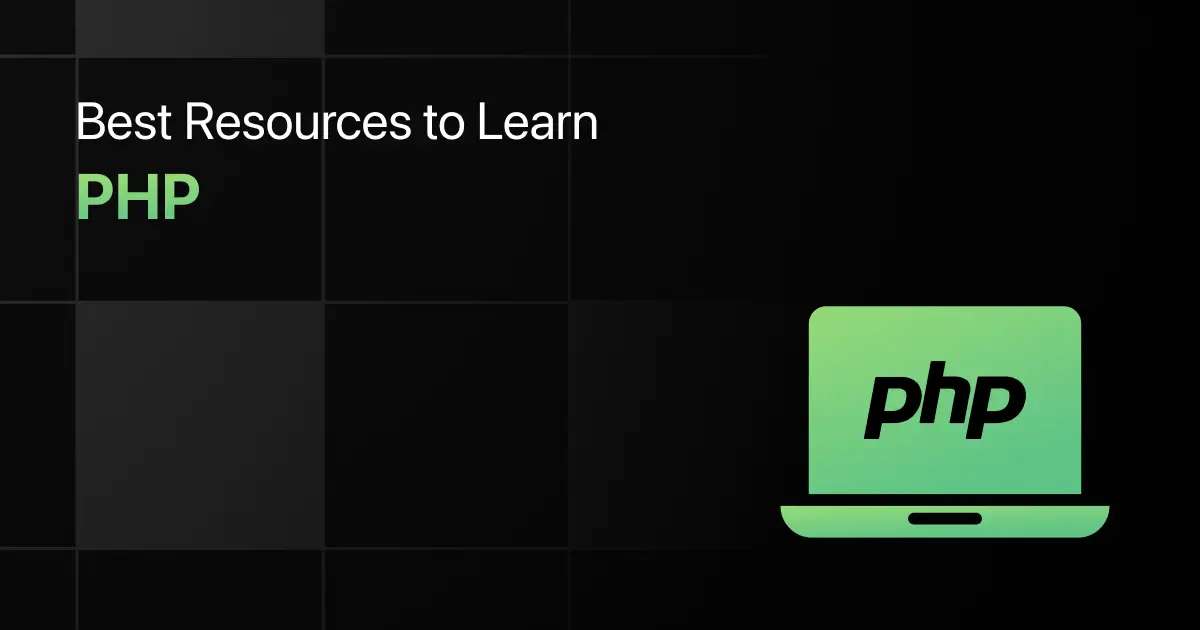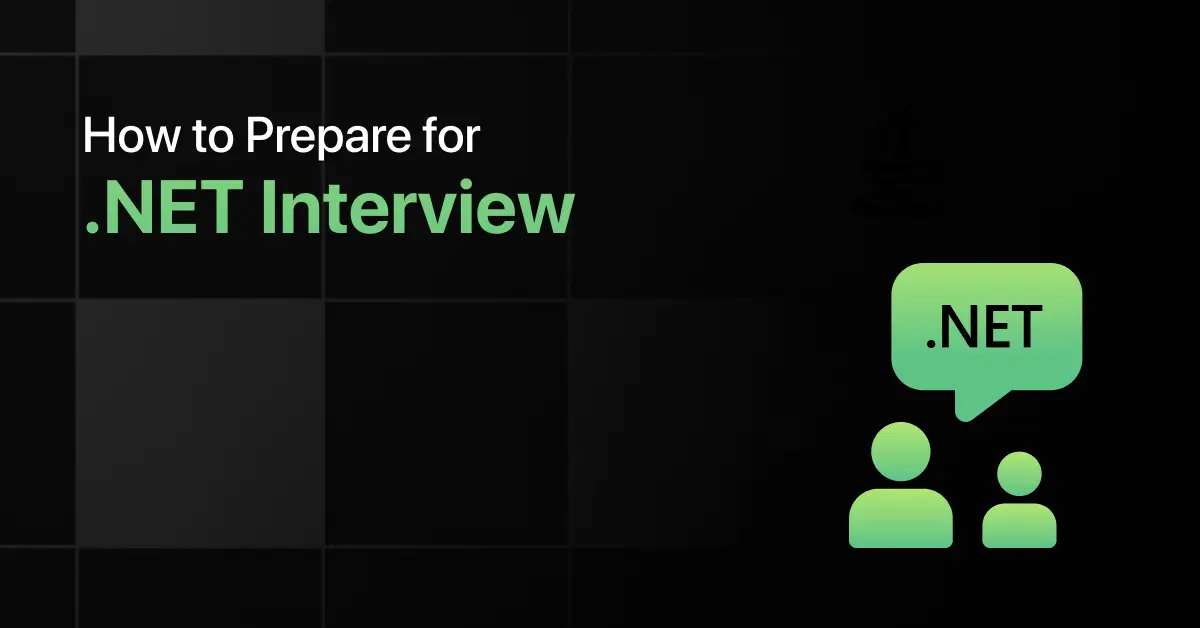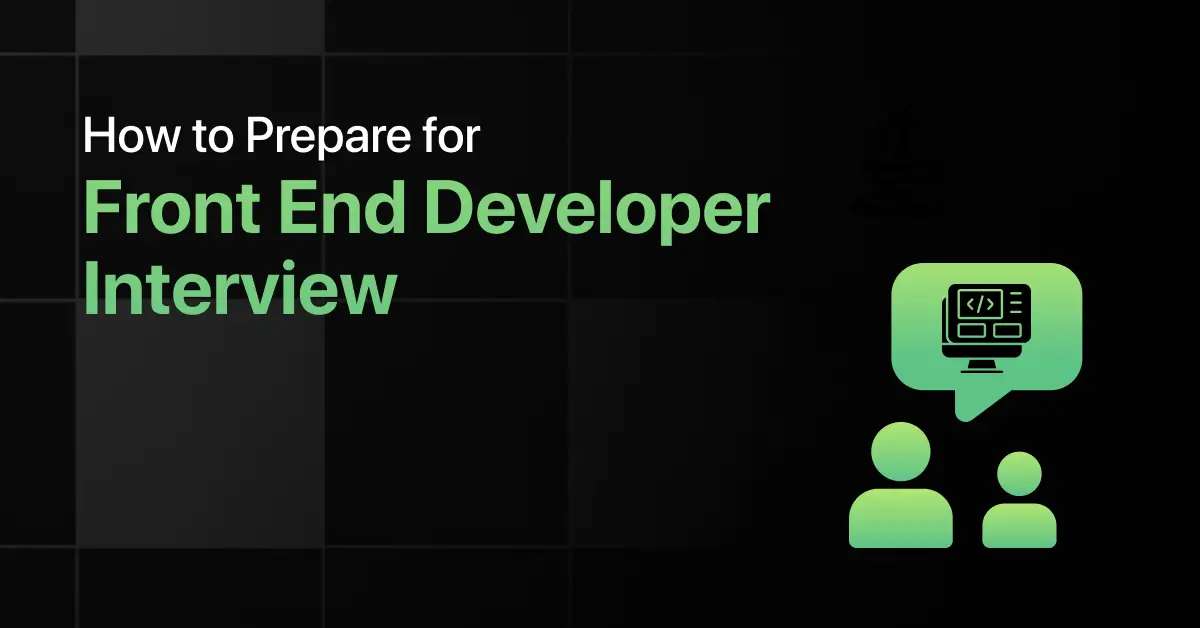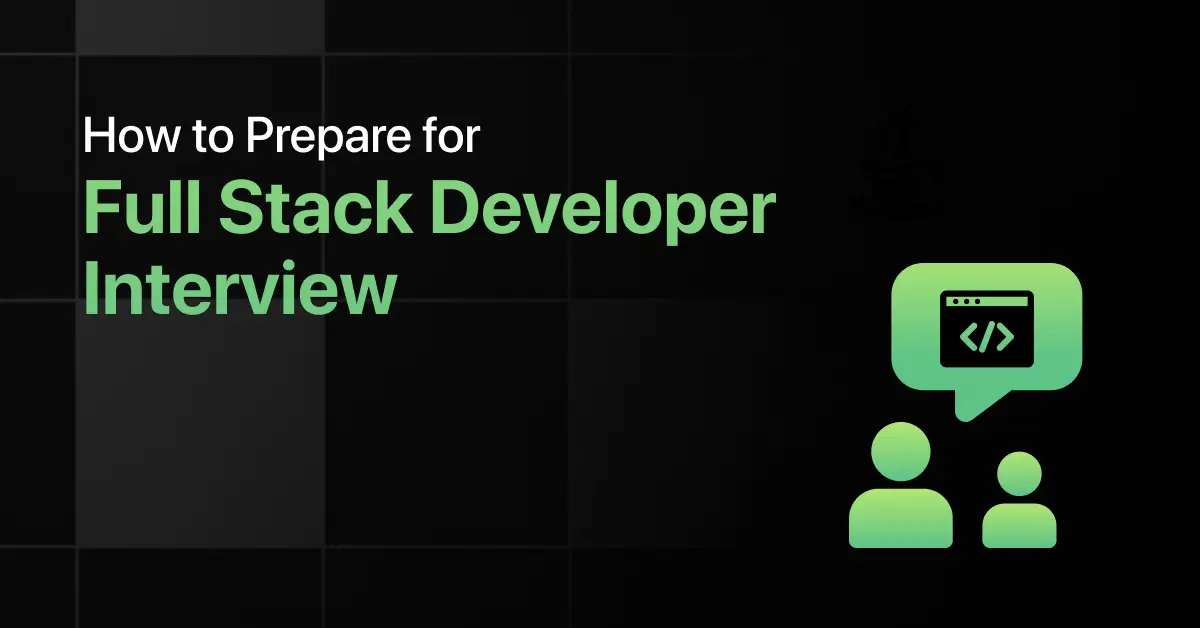Best Resources to Learn PHP

PHP is a server-side scripting language designed specifically for web development. It powers millions of websites and web applications worldwide, including some of the most popular platforms like WordPress, Facebook (legacy), and Wikipedia. Known for its simplicity and deep integration with HTML, PHP remains a reliable choice for backend development.
In 2025, learning PHP is still relevant, especially for roles involving content management systems, e-commerce platforms, and custom web solutions. This article presents the best step-by-step resources to help you learn PHP from the ground up and prepare for real-world development or placement roles.
A Quick Overview of PHP
| Popular Use Cases | PHP is used in web development, content management systems, backend APIs, server-side scripting, and e-commerce platforms. |
| Learning Curve | PHP has a gentle learning curve with syntax similar to C, making it easy for beginners to pick up. |
| Demand in India | PHP is in steady demand across small and mid-size companies, agencies, and startups focusing on web-based solutions. |
| Job Roles | Roles include PHP Developer, Web Developer, Full Stack Developer, Backend Engineer, and CMS Specialist. |
| Salary Range | Entry-level PHP developers earn ₹3–5 LPA, while experienced developers can earn ₹8–15 LPA depending on domain and framework expertise. |
| Top Companies Hiring | Companies like Zoho, Freshworks, Accenture, Webandcrafts, and agencies using Laravel or WordPress hire PHP developers regularly. |
Key Concepts to Learn in PHP
To become proficient in PHP, it is important to understand the following core topics and their applications in dynamic web development:
- Syntax and Data Types : Learn the basics of PHP syntax, variable declaration, and commonly used data types like strings, arrays, and booleans.
- Control Structures : Understand conditionals and loops to control the logic and flow of PHP scripts.
- Functions : Create reusable code blocks using user-defined and built-in functions with parameters and return values.
- Forms and User Input : Handle form submissions securely using GET and POST methods.
- Arrays and Loops : Work with associative and multidimensional arrays and use foreach and while loops for data traversal.
- String and Date Functions : Manipulate text and work with date/time data using built-in PHP functions.
- Sessions and Cookies : Manage user data across pages using sessions and cookies for authentication and preferences.
- Error Handling : Handle warnings and errors using try, catch, and error_reporting techniques.
- File Handling : Learn how to create, read, update, and delete files using PHP’s file system functions.
- Database Integration (MySQL) : Connect to MySQL databases using mysqli or PDO to create dynamic and data-driven web applications.
- Intro to Frameworks (Laravel) : Get introduced to modern PHP frameworks like Laravel to understand routing, controllers, and MVC architecture.
Best Online Resources to Master PHP
PHP is best learned through a gradual approach that starts with syntax and basic logic, then progresses into working with forms, sessions, and databases. Once the fundamentals are clear, hands-on projects and familiarity with frameworks like Laravel will help you build scalable applications.
The resources listed below are structured to guide you through this journey effectively and prepare you for placement or freelance opportunities.
Getting Started
If you’re just starting with PHP, begin with beginner-friendly video content and simple structured courses that introduce basic web development with PHP.
1. YouTube Channels
YouTube is a great way to get started with PHP by watching real-time coding tutorials. These videos explain how PHP works in practical web development scenarios using basic syntax, server-side scripts, and form handling.
Learning Outcomes:
- Learn PHP fundamentals visually with code examples
- Understand how PHP integrates with HTML
- Practice writing and testing basic server-side code
- Build a clear understanding of request and response handling
Mode of Learning: Online and self-paced
2. Free Courses
Free courses provide structured learning modules to cover core PHP concepts from scratch. These are ideal for those looking to understand data types, control structures, functions, and how PHP handles web forms and databases.
Learning Outcomes:
- Learn PHP basics through video-guided lessons
- Understand syntax, flow control, and function usage
- Practice small programs to test your understanding
- Develop a strong base in server-side scripting
Mode of Learning: Online
Hands-On Practice
To get comfortable with PHP, the best approach is to start applying what you learn through coding problems and review quizzes.
1. Coding Exercises
Coding exercises allow you to practice common PHP use cases such as data processing, working with arrays, and interacting with forms. These tasks help reinforce your understanding of logic and syntax in real development situations.
Learning Outcomes:
- Apply PHP to solve basic to intermediate-level problems
- Improve familiarity with arrays, loops, and conditional logic
- Learn to write reusable functions and form handlers
- Strengthen problem-solving through coding practice
Mode of Learning: Online
2. Programming MCQs
MCQs are a helpful way to test your knowledge of PHP topics quickly. They often focus on syntax, built-in functions, and logic-based problems that are important for interviews or assessments.
Learning Outcomes:
- Review syntax and function-related questions
- Strengthen your grasp of core PHP principles
- Identify gaps in understanding before interviews
- Improve retention through repeated testing
Mode of Learning: Online
3. Paid Courses
Paid courses provide deeper learning with structured content, real-world projects, and mentorship. These courses are well suited for learners aiming to build a full skillset for backend development or full-stack roles.
Learning Outcomes:
- Learn PHP through guided lessons and hands-on tasks
- Understand how PHP integrates with MySQL and web forms
- Build full-stack applications using HTML, CSS, and PHP
- Prepare for placement with interview-focused training
Mode of Learning: Online
Get Job-Ready
Once you’re confident with PHP basics and hands-on coding, focus on building projects and preparing for technical interviews.
1. Mini Projects
Mini projects are a practical way to apply your learning by building small tools like login systems, contact forms, or task managers. These help you connect PHP logic with real-world applications.
Learning Outcomes:
- Apply PHP skills to create functional web components
- Learn how to manage data input and output using forms
- Improve code organization and modular design
- Build project samples for your resume or portfolio
Mode of Learning: Online
2. Interview Questions
Practicing PHP interview questions helps you understand how technical concepts are evaluated during interviews. These questions focus on both syntax and real-world scenarios.
Learning Outcomes:
- Learn to solve and explain coding problems in PHP
- Review commonly asked interview topics
- Strengthen preparation for backend development roles
- Improve response time and confidence for assessments
Mode of Learning: Online
Additional Resources
For further learning or quick reference, these resources are great for topic-wise revision or practicing new concepts interactively.
1. GUVI Learning Hub
The learning hub includes short guides, concept explainers, and examples to help reinforce your understanding. It’s a useful tool for structured revision or topic-based browsing.
Learning Outcomes:
- Revisit key PHP topics through simple explanations
- Explore focused content based on your learning needs
- Strengthen understanding through concise reads
- Use it as a supplement to your main course
Mode of Learning: Online
2. Learn-PHP.org
Learn-PHP.org offers interactive lessons where you can run PHP code in the browser. It is beginner-friendly and lets you test each concept as you learn.
Learning Outcomes:
- Learn PHP by writing and running code instantly
- Understand syntax through in-browser challenges
- Practice control flow, functions, and input/output
- Gain hands-on experience from day one
Mode of Learning: Online
Tips to Learn PHP Effectively
Start with Basic Syntax and Logic: Begin by learning how PHP integrates with HTML, and practice simple scripts involving variables, loops, and conditionals to build logical thinking early on.
Practice Form Handling and Sessions: Work on handling user inputs, storing session data, and managing cookies. These are essential for understanding how PHP powers dynamic and user-based websites.
Use Small Projects for Database Integration: Once you’re familiar with functions and file handling, create small CRUD applications to practice integrating PHP with MySQL databases.
Solve Problems Using Arrays and Functions: Use exercises that focus on arrays, string manipulation, and custom functions. These help strengthen your understanding of PHP’s built-in logic tools.
Explore Frameworks After the Core: Once you’re comfortable with native PHP, explore frameworks like Laravel. This will help you transition into more modern and scalable PHP development.
Final Words
PHP remains a practical and widely-used language in web development, especially for projects involving content management and custom backend solutions. Its ease of learning, quick deployment, and rich ecosystem make it a strong choice for beginners and professionals alike.
By following a structured learning path and consistently practicing real-world scenarios, you can confidently master PHP and apply it to freelance, startup, or full-time development roles.
Frequently Asked Questions
1. Is PHP beginner-friendly for absolute newcomers?
Yes, PHP is beginner-friendly with a clear syntax, easy integration with HTML, and low setup requirements that make it ideal for first-time coders.
2. What are the best resources to learn PHP for placement preparation?
The most effective resources include tutorials, interactive coding challenges, form and file handling exercises, and commonly asked PHP interview questions.
3. Can I learn PHP on my own?
Yes, you can learn PHP independently using free tutorials, official documentation, and regular practice through small projects and coding tasks.
4. Can I learn PHP for free with reliable resources?
Absolutely. There are several free platforms that offer beginner to intermediate PHP tutorials, exercises, and real-time coding environments.
5. Which websites offer hands-on PHP coding practice?
Websites like Placement Preparation and GUVI offer PHP practice exercises, quizzes, and guided projects that help you build job-ready skills.
6. What can I expect in a PHP technical interview?
You can expect questions on form handling, file operations, sessions, arrays, MySQL integration, and logic building using native PHP functions.
7. How long will it take to learn PHP using these resources?
With a focused and consistent approach, you can become proficient in PHP within six to eight weeks and be ready for beginner-level backend roles.
Explore More Resources for
Related Posts


How to Prepare for .Net Interview
Are you preparing for a .NET interview but not sure which topics to prioritize? Many candidates struggle to balance C# fundamentals, …
Warning: Undefined variable $post_id in /var/www/wordpress/wp-content/themes/placementpreparation/template-parts/popup-zenlite.php on line 1050








